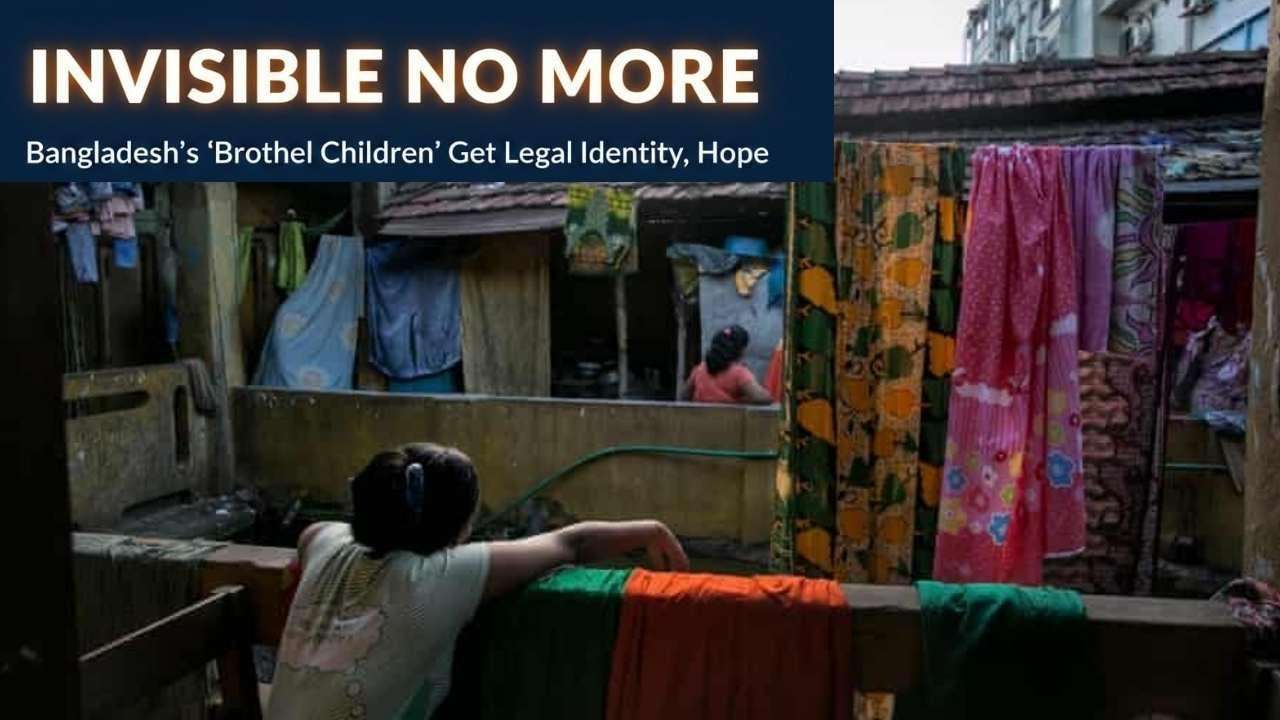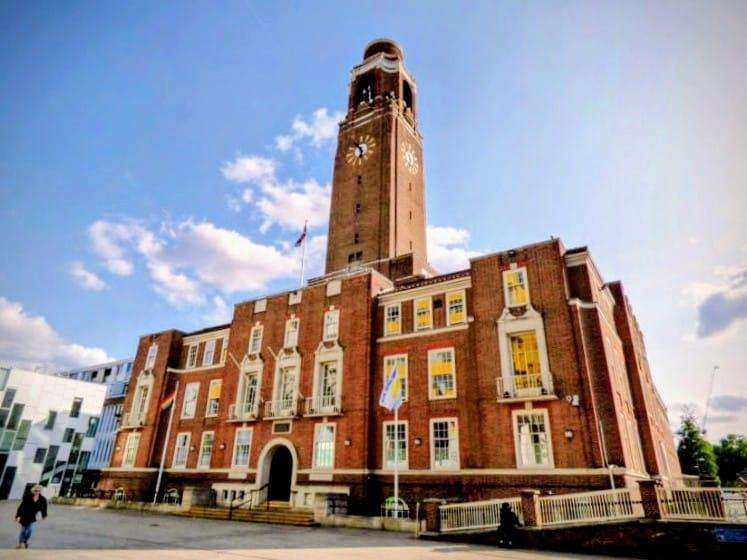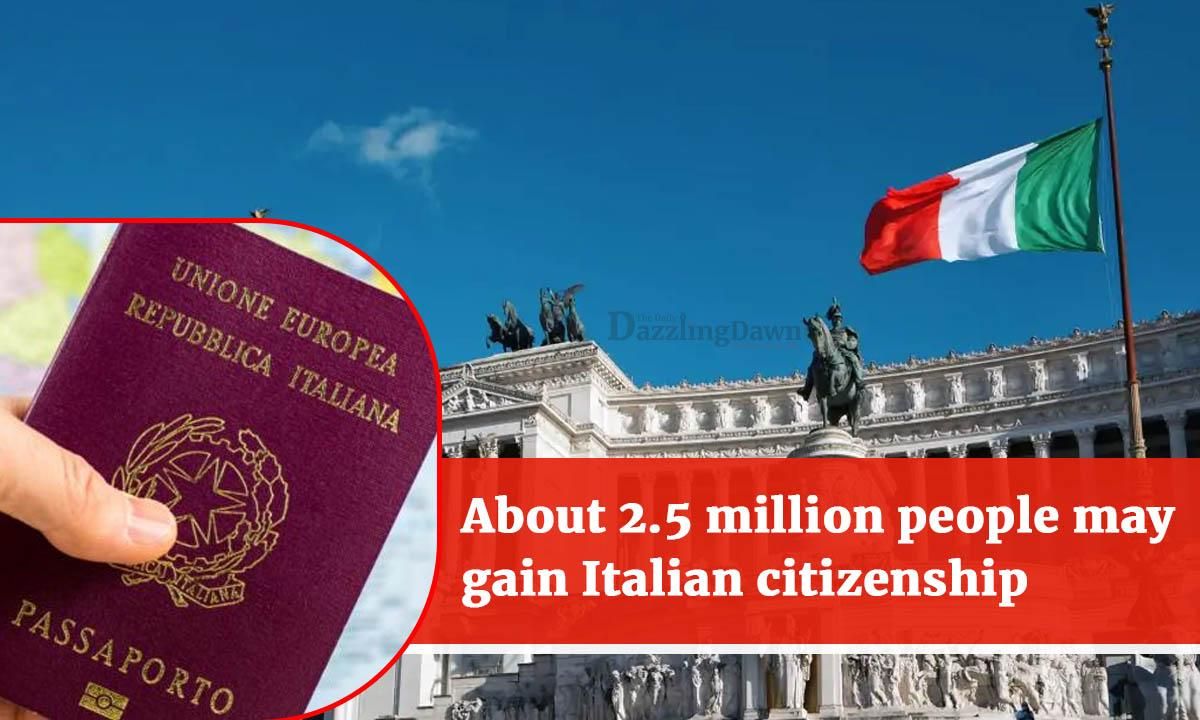Campaigners have gathered enough signatures for a petition on citizenship to be eligible for a national referendum. Though the petition remained open until September 30, it reached the required 500,000 signatures ahead of schedule. Numerous associations, organizations, political figures, and celebrities backed the initiative.
Under the current law, a minimum of ten years of residency is required to apply for Italian citizenship. The campaign seeks to reduce this requirement to five years.
We did it! In very few days 500,000 citizens signed for the #CitizenshipReferendum.
--Riccardo Magi, Opposition Lawmaker
Almost 2.5 million foreigners could benefit from changes to the citizenship law
Campaigners have announced that approximately 2.5 million foreigners in Italy could benefit from proposed changes to the citizenship law, many of whom have already lived in the country for over five years.
However, the Brothers of Italy, led by Georgia Meloni, oppose these changes and are likely to resist supporting the referendum. Meloni has previously stated that the current requirement of ten years of residency for citizenship is reasonable, with "no need to change" the law.
For the referendum to proceed, it must be approved by two of Italy’s highest courts. Additionally, at least 50% voter turnout is necessary for the results to be valid.
The current law also prevents individuals born in Italy from applying for citizenship until they turn 18. However, if their parents obtain Italian citizenship, their children automatically become citizens. Despite multiple attempts, the law has remained unchanged since the 1990s.
Foreigners born to Italian citizens are eligible for citizenship after two years of residency
Migrants can acquire Italian citizenship after residing in the country for ten years, or after two years if married to an Italian citizen.
The migrant population in Italy and across the EU is steadily growing, driven by irregular migration, asylum seekers—such as Syrian and Ukrainian refugees—and labour shortages throughout the region.
Eurostat data shows that 22% of people aged 15 to 74 in the EU are either foreign-born or descendants of foreign-born individuals, highlighting the significant demographic influence of migration.
Additionally, the data reveals that 86% of native-born individuals with two foreign-born parents have gained citizenship in their country of residence, while 39% hold resident status.








.svg)


